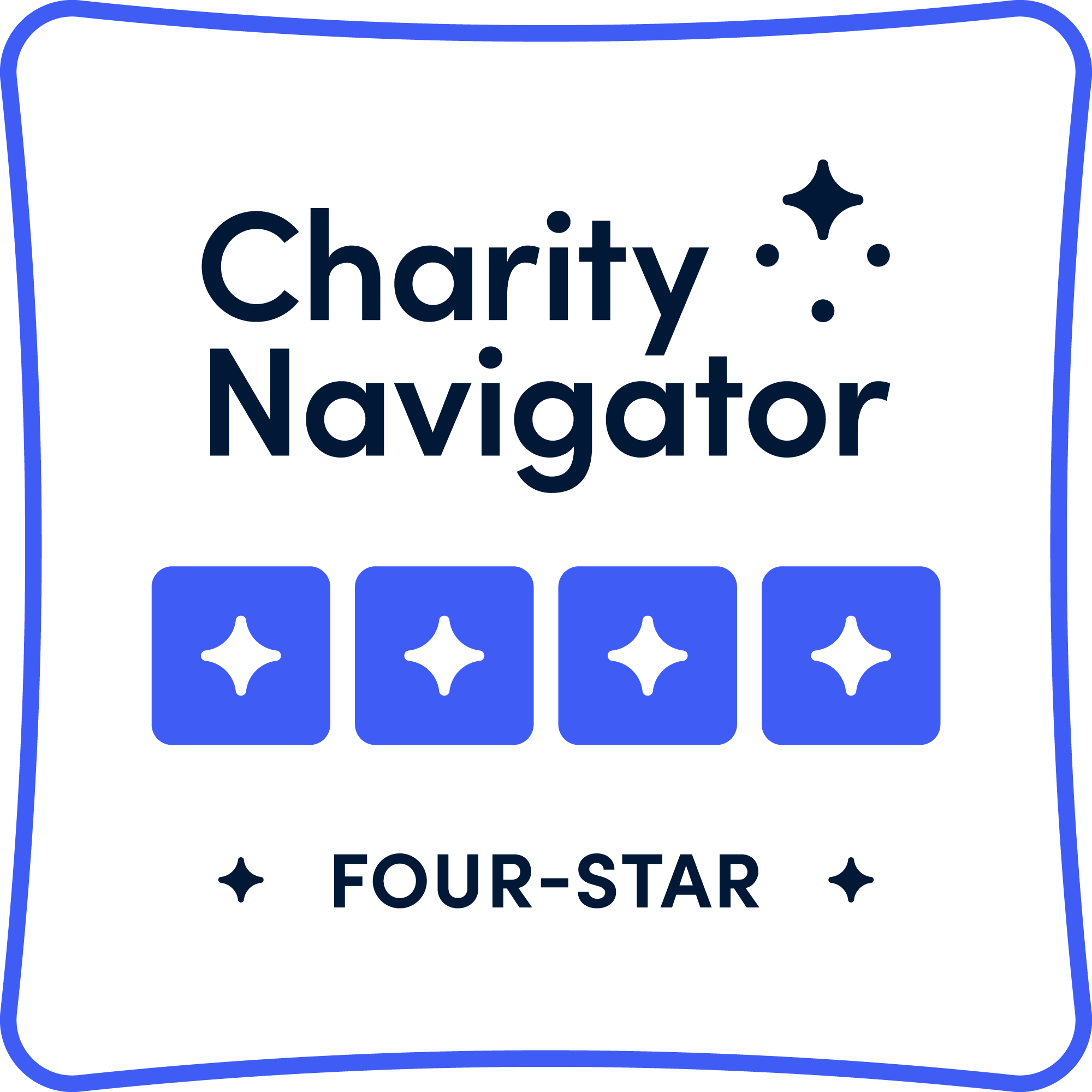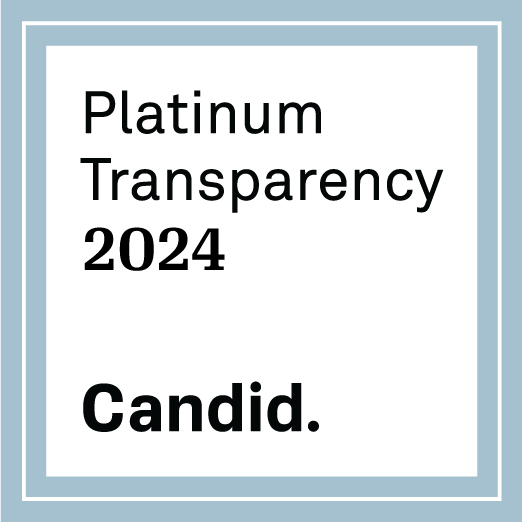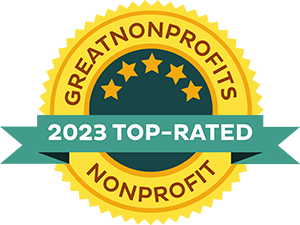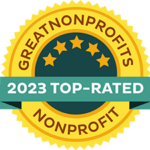WELLBEING FOR OUR COMMUNITY
Written by Dora Rebelo
December 1, 2021
An introduction
I applaud All Hands and Hearts’ decision to create a dedicated role to champion wellbeing. Having worked around the globe for more than a decade as a humanitarian mental health provider, I have to emphasize that the work we do is both rewarding and challenging. Working directly in the field can encompass overwhelming workloads and a lack of privacy and personal space — in addition to the separation from our most familiar bonds (family, friends and other supportive networks we usually rely on). Beyond the daily stresses, long working hours and resource-limited living conditions, the experience itself may be one of witnessing human and environmental adversities that can impact our wellbeing.
Before I started my professional career, I was volunteering at local grassroots associations in my city of Lisbon, Portugal. Volunteering helped me discover community psychology: a systemic approach to mental health where we are encouraged to look beyond the ‘pathology’ of individuals — connecting their wider social, cultural and environmental influences. This holistic approach has given me the tools and curiosity to explore the intersections of wellbeing, community care and solidarity. During my fieldwork, I found that intentional self-care, peer-support and community connection were the most effective coping mechanisms to balance my own wellbeing.
As a humanitarian mental health provider, I have observed how these protection mechanisms can be empowering and restorative. The human bonds that result from shared experiences of engagement and support inspire me to believe in communities that care. Disaster relief is, in itself, an expression of care in that it expands our manner of relating with fellow human beings, finding ways to help restore and rebuild lives. Today, I speak to you not only as the new Director of Wellbeing, but as someone who truly believes that this community cares.
A holistic policy of personnel wellbeing
More than looking at the organizational duty of care, I’d like to inspire and champion a holistic wellbeing policy that is drawn from the foundational wisdom of caring for others. It will require focus, persistence and patience — using a continued and collective effort to purposefully take care of ourselves and our colleagues — while embracing the ups and downs of the work that we do and the communities that we serve. We can always do better when we care. Our statement on wellbeing, safety and an environment free of abuse reflects All Hands and Hearts’ commitment to high standards of care and support, safeguarding policies and wellbeing resources.
As part of my responsibilities, I will help to design more intentional and proactive strategies to prevent and address wellbeing needs of our staff, volunteers and the communities we serve. I’ve been holding multiple conversations to identify some of our pressing wellbeing risks, as well as our valuable community resources and coping mechanisms. The next step will be offering regular training and support sessions to develop a trauma-informed care approach. Only by involving and inspiring everyone to play their part can we sustain a caring community. Peer support initiatives, mentorship programs and tailored self-care plans will follow as suggested practices to help us prevent burnout and manage our daily, cumulative stresses.
Moving forward, self-care planning should become a standardized practice for all staff and volunteers, and be integrated into their daily routine. These protective measures will, of course, need to be combined with incisive and effective response protocols to address critical incidents and mental health challenges that may still impact our teams.
What does it mean to be trauma-informed?
To be trauma-informed is to understand the impact and prevalence of adverse experiences in our lives, and to respect the needs and vulnerabilities of trauma survivors. We can design human services to sustain more work-life balance and psychological safety. The guiding principles of a trauma-informed organisation are safety, choice, collaboration, trustworthiness and empowerment. An important part of this work is preventative and relies on the promotion of positive mental health in the workplace. Another part is restorative, and involves the acknowledgment of trauma triggers and burnout warning signs, to appropriately use coping strategies and wellbeing resources.
It’s important to understand that prevention and access to wellbeing resources will not remove adverse experiences, mental health challenges or critical incidents from our work. But it does mean that we will be more aware of their occurrence and prevalence, and we will intentionally respond with support, care and dialogue. It also means that we will accommodate changes and transformations that can improve the wellbeing of our teams. After meeting a significant number of AHAH staff working tirelessly, every single day, to meet the quality standards of our mission, I know this process is already on its course. The All Hands and Hearts community does care, and will become even more mindful, inclusive and supportive of wellbeing measures moving forward.












